Classes begin for the M.S. in Communication Management
By Alisha Johnson, Ronnesha Rodgers, and Rosimely Ulpino
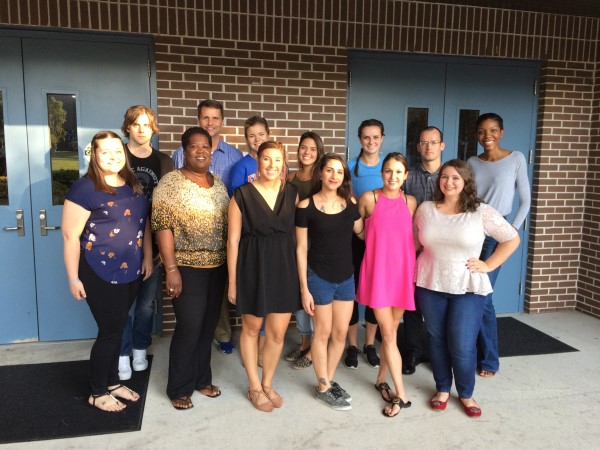 M.S. in Communication Management students begin their studies at one of the evening classes on campus.
M.S. in Communication Management students begin their studies at one of the evening classes on campus.
The students who make up the UNF Department of Communication’s new graduate program are looking forward to learning skills that will help them become leaders in communication.
“I love that the professors genuinely took the time to get to know me and my professional goals and were willing to offer their help and guidance to help me be successful,” said Kayla Nasr, who is a member of the first class of students in the M.S. in communication management and works at the American Lung Association in Florida.
The 36-credit program consists of ethical and legal issues in business and communication, metrics, media management and strategy. Graduates can apply the degree to jobs within public relations firms, advertising agencies, news outlets, production companies, healthcare companies, government agencies and corporate communication departments.
“Students in our master’s degree take a deep dive into the management and leadership aspects of the communication industry,” said Dr. John Parmelee, professor and chair, and a member of the graduate faculty. Dr. Tulika Varma, an assistant professor of public relations and a member of the graduate faculty, added that “the master’s program in communication management at UNF is uniquely designed to address the growing demand for communication professionals who can strategically align an organization’s communication with its mission.”
Most of the 20 students in the master’s program received their undergraduate degree from the UNF Department of Communication, while others come to the program by way of Florida State University, University of Florida, California State University and the University of Missouri. Some of the students who did not major in communication at the undergraduate level have degrees in health administration and business management. Igor Tavuzhnyanskiy, who received his bachelor’s degree in political science, hopes to build “more credibility in communications” while in the master’s program.
Most of the students are in their late 20s and early 30s. The majority received their undergraduate degree several years ago and currently work full time in the communication industry.
The first classes to be offered in fall 2017 are MMC 6256-Foundations of Communication Management, MMC 6006-Strategic Communication Theory, 6994-Social Media Management, and COM 5627-Lying & Deception. Spring 2018 classes will include MMC 6206-Ethics in Communication Management, MMC 6426-Qualitative Research Methods in Mass Communication, MMC 6421-Quantitative Research Methods in Mass Communication, and MMC 5267-Issues in Emerging Media.
UNF is currently the only school in the state to offer a master’s degree that has communication management as the primary focus, and students appreciate it. “Although I am in a program that is new, I can see the courses helping me develop in my current field,” said Jessica Sabbs, a master’s student who works at Mayo Clinic.
More information about the master’s degree in communication management can be found on the department’s website.

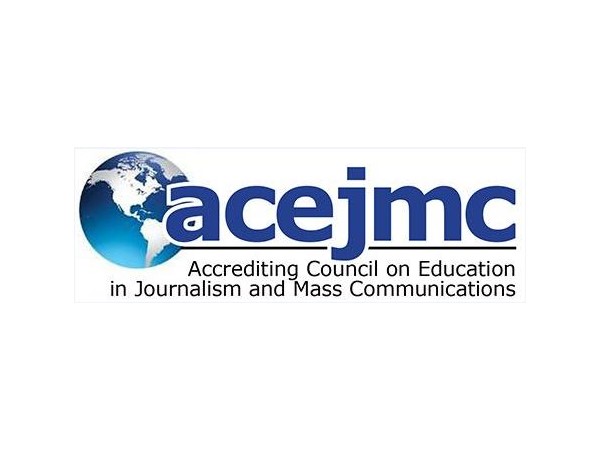 The
The 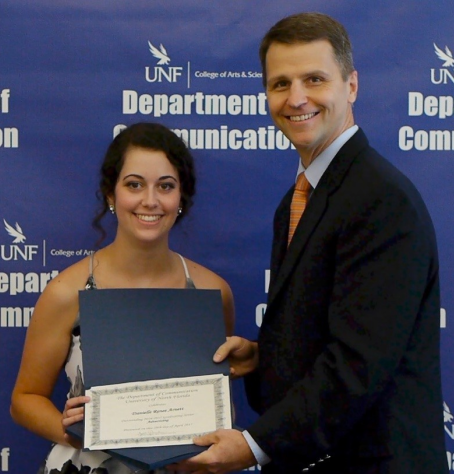
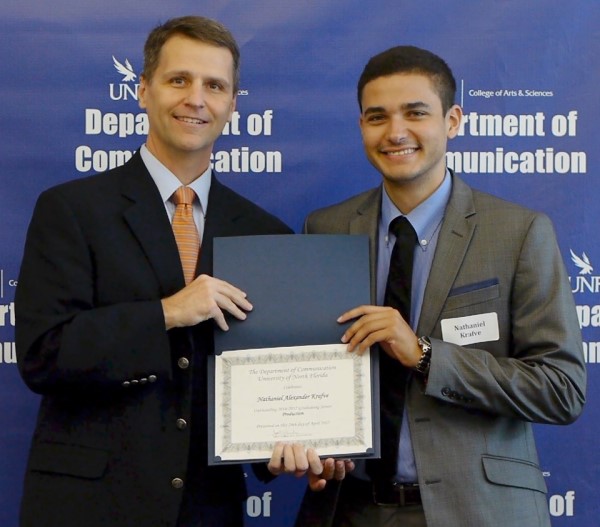
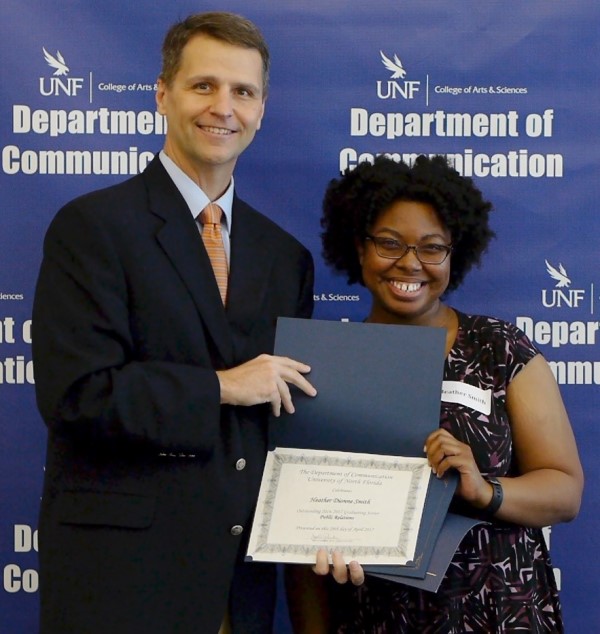
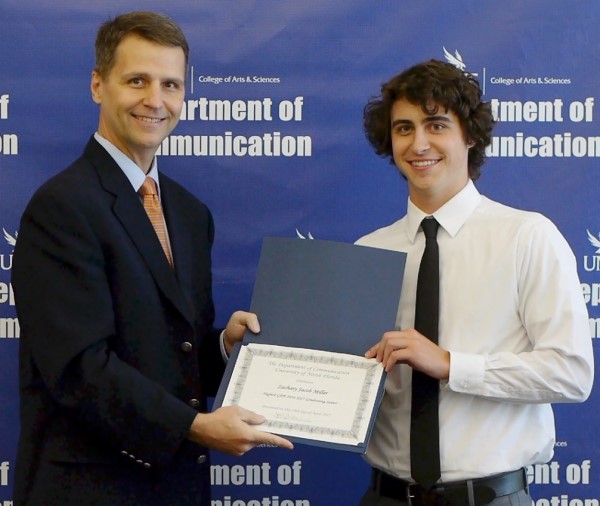
 Tabitha Bingham enjoys her hometown of Bradenton during a beautiful sunset.
Tabitha Bingham enjoys her hometown of Bradenton during a beautiful sunset.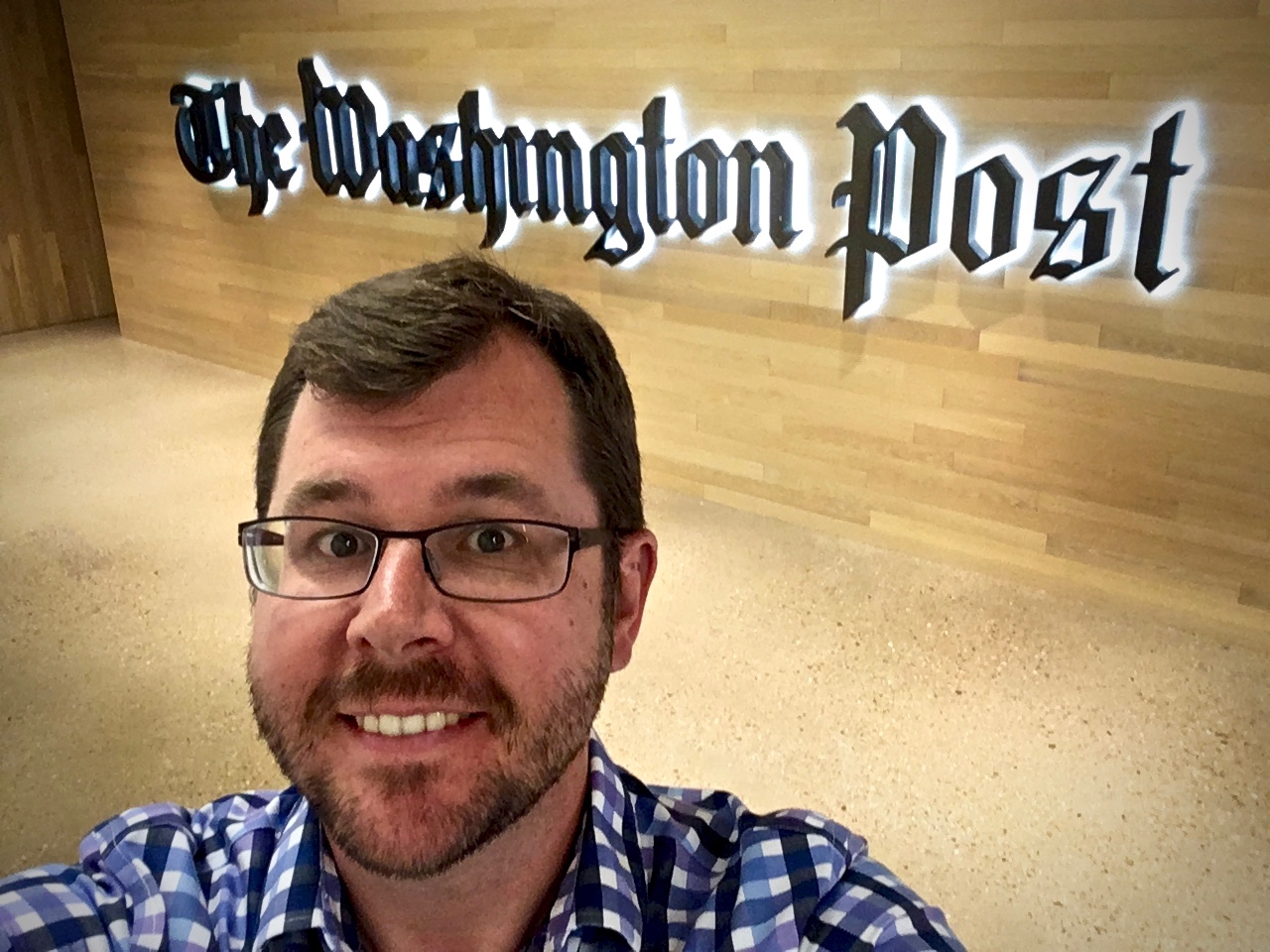
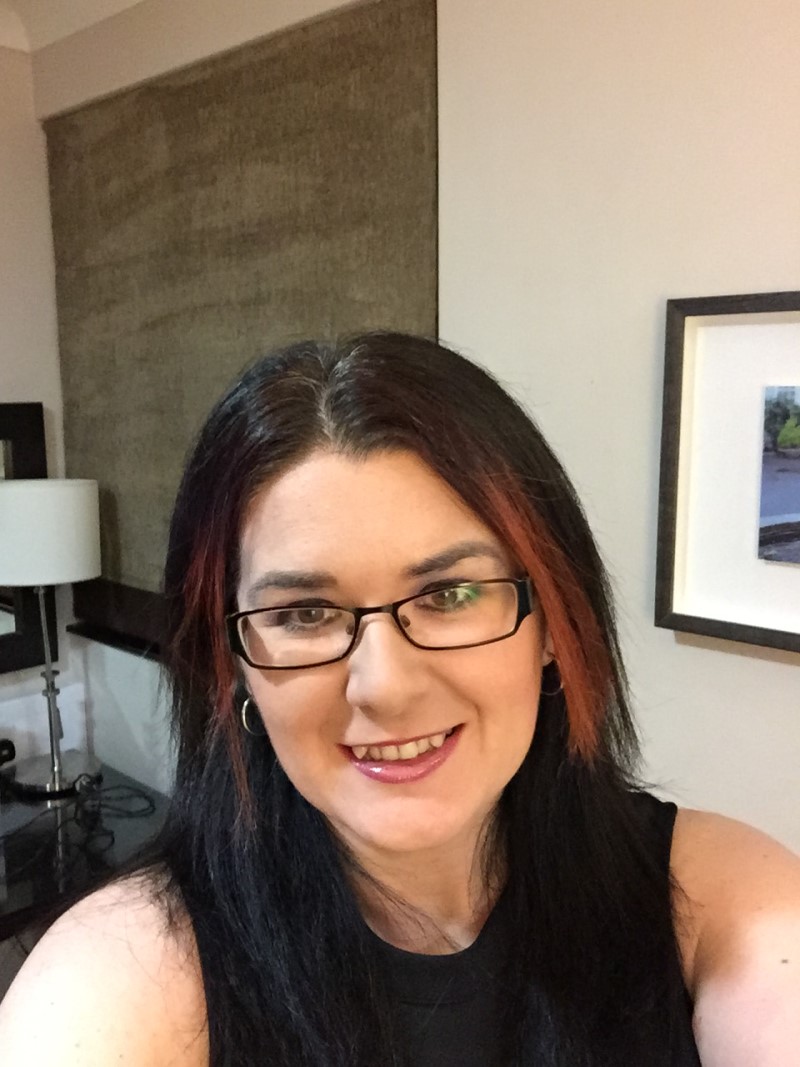 Ann Luce recently published a book about media coverage of suicides.
Ann Luce recently published a book about media coverage of suicides.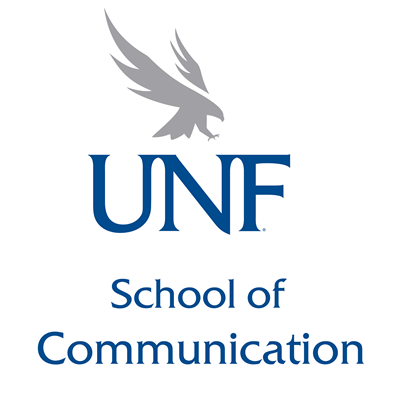 There are eight great ways to stay connected with the Department of Communication:
There are eight great ways to stay connected with the Department of Communication: